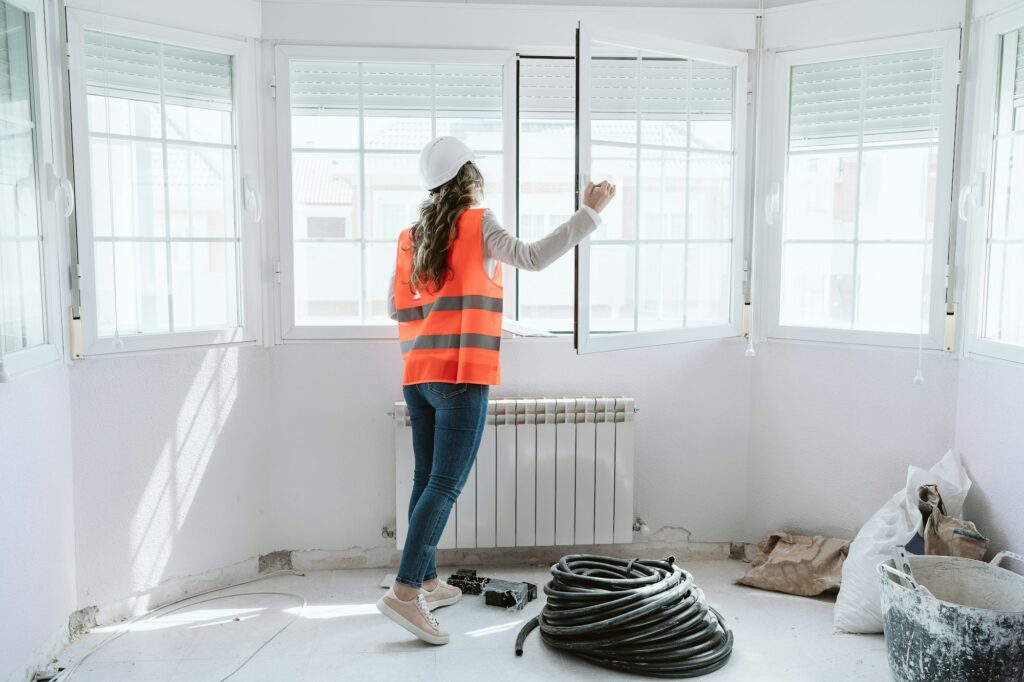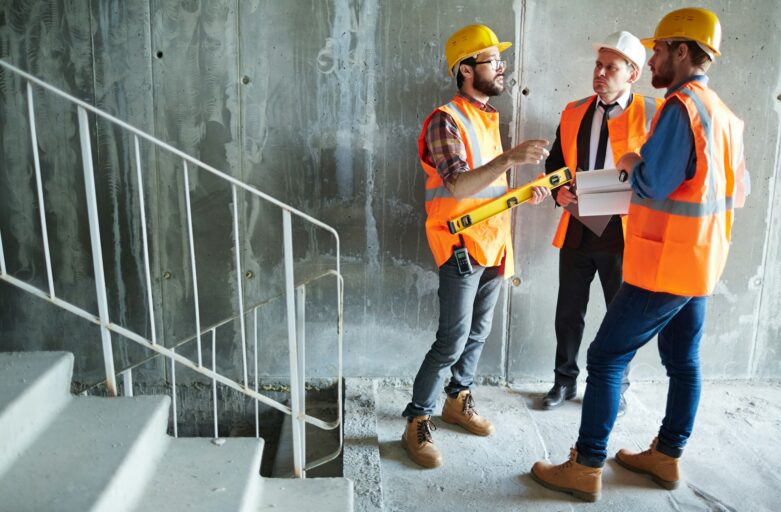Before you close a deal, it’s essential to undertake several types of inspections to ensure that your dream home doesn’t turn into a nightmare of unexpected and costly repairs. These inspections help identify potential issues that might influence the price, comfort, safety, and the resale value of the property. They provide you with comprehensive knowledge of the property’s condition, enabling you to negotiate better terms during the deed of sale transfer.
Importance of Home Inspections Before Purchase
A thorough home inspection provides an in-depth, top-to-bottom overview of a home’s physical status, including the structure, construction and mechanical systems. It determines the components that need to be repaired or replaced and estimates the remaining useful life of significant systems, equipment, structure, and finishes. It can alert you to issues related to air quality, both within and outside the home.

General Home Inspection: Structure and Systems
A General Home Inspection is the first and the most common type of inspection. It examines the structure and systems of the house, ensuring that everything from the foundation to the roof is structurally sound. This inspection includes checking the plumbing, electrical, and HVAC systems to ensure they are functioning correctly. Moreover, it identifies any issues with the insulation, ventilation, and the condition of windows and doors.
Further, it helps in identifying issues that may not be visible to the untrained eye, ensuring that the property is safe and structurally sound. Thus, a comprehensive general inspection aids in avoiding future unexpected expenses and potential safety hazards.
Pest and Termite Inspection: Spotting Unseen Infestations
Even the most perfect-looking homes can harbour unseen guests like pests and termites. While stray ants or insects are common, infestations can cause severe structural damage to the house. A proper pest and termite inspection can expose the existence of wood-eating insects or rodents.
If not taken care of, pests can create harmful health conditions, not to mention the cost of rectifying the damage they cause. Therefore, it is crucial to carry out a pest and termite inspection to ensure your future home is pest-free and doesn’t hold any potentially costly secrets.
Environmental Inspection: Identifying Potential Hazards
Environmental Inspections are essential to identify any potential environmental hazards that might exist on the property. These can include mould, radon, lead, or asbestos. The presence of these can cause serious health issues and are costly to remove.
Furthermore, properties may have underground storage tanks, soil contamination, or issues related to the quality of the water and air. Recognising these environmental hazards will not only safeguard your health and safety but also save you from potential future remediation expenses.

Specialized Inspections: HVAC, Roof, Pool, and More
Asides from the regular home inspection, you might need more specialized inspections depending on the property. These include HVAC systems, roofs, swimming pools, and septic systems amongst others.
An HVAC inspection ensures that the heating, ventilation, and air conditioning system is in proper working order, providing comfort and air quality. Roof inspection assesses the longevity and potential repairs needed for the roof. If the property includes features like a pool or a septic system, inspections ensure that they are in good condition and comply with safety regulations.
Each of these inspections gives valuable insights into the property’s condition, allowing you to make an informed decision. To discover more about types of home inspections, take a look at this informative article on Quicken Loans.
In conclusion, buying a house is a significant investment, and skimping on these valuable inspections can result in costly repairs in the long run. Taking the time to conduct these inspections provides you with peace of mind in your investment.


